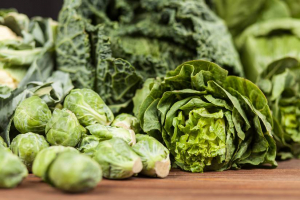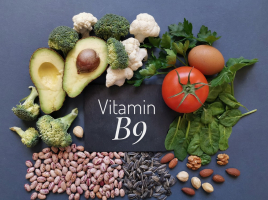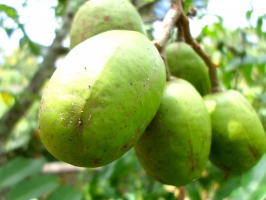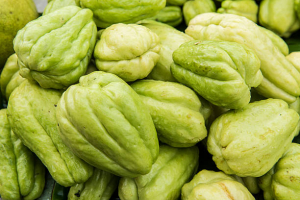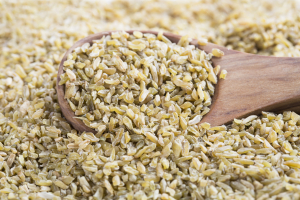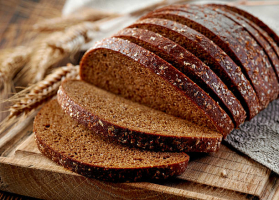Top 7 High-Fat Food That Offer Great Health Benefits
Although dietary fat was formerly shunned and thought to be a significant cause of heart disease, studies have discovered that it can provide some advantages. ... read more...The American Heart Association, on the other hand, suggests that saturated fat be reduced to less than 10% of total calorie consumption. Though some saturated fats, such as those found in dairy, may not have the same harmful effect as those found in red meat. Still, full-fat meals may provide advantages over low-fat or fat-free alternatives. They are often less processed and contain fewer sugar and carbohydrates. Here are the finest high-fat meals that are also quite healthful.
-
Avocados are a one-of-a-kind fruit. Whereas most fruits are high in carbohydrates, this fruit is high in fat. Avocados are actually over 80% fat by calories, making them significantly fattier than other animal meals. They are also one of the finest sources of potassium in the diet, with a 5-ounce (150-gram) serving to provide 15% of the Daily Value (DV). Furthermore, they are high in antioxidant chemicals.
Furthermore, one study including 45 men and women discovered that eating one avocado daily for 5 weeks had a positive influence on participants' cholesterol profiles. They're also high in fiber, which has various digestive, cardiovascular, and weight-management advantages.
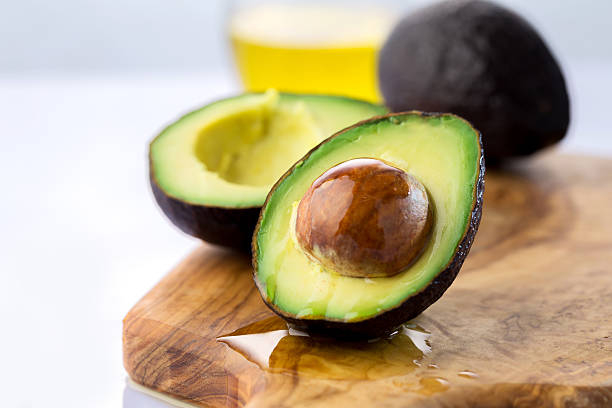
Avocados 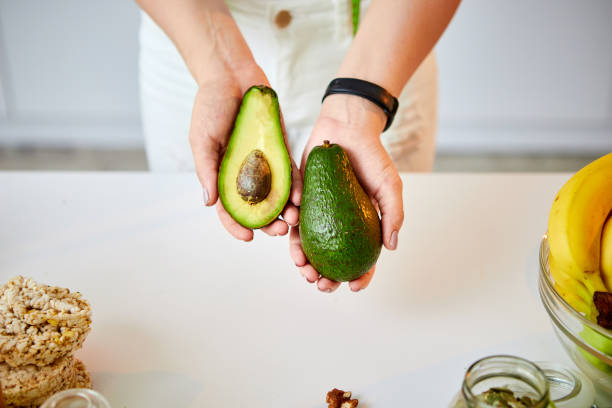
Avocados -
Despite its dubious image, cheese is surprisingly healthful. It is high in calcium, vitamin B12, phosphorus, and selenium, as well as many other minerals. It's also high in protein, with one ounce (28 grams) of cheese providing 6 grams, nearly as much as a glass of milk. Cheese, like other high-fat dairy products, does not appear to raise the risk of heart disease when compared to reduced-fat dairy, as was previously assumed.
Nuts are quite nutritious. They are abundant in fiber and healthful fats, and they are a superb plant-based source of protein. Nuts are also high in vitamin E and magnesium, a mineral that most people do not receive enough of. According to studies, those who consume nuts are healthier and have a decreased risk of numerous ailments. Obesity, heart disease, and type 2 diabetes are all examples. Almonds, walnuts, macadamia nuts, and other healthy nuts are plentiful.
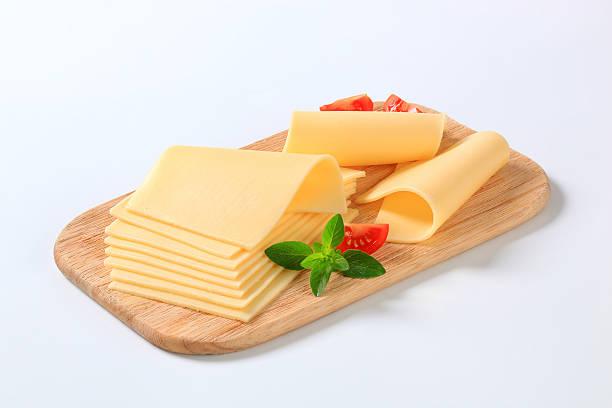
Cheese 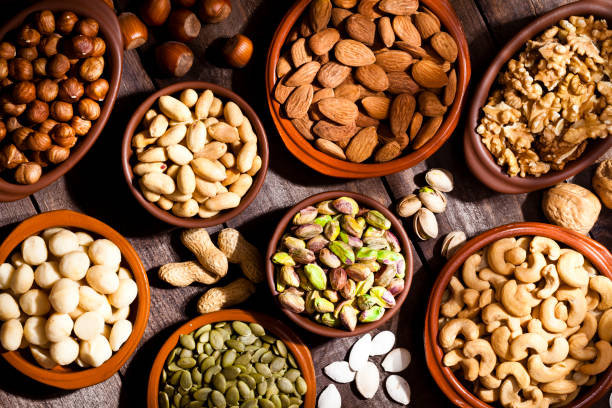
Cheese -
Dark chocolate is a healthy meal masquerading as a delicious indulgence. It has a high-fat content, with fat accounting for around 65% of the calories. Furthermore, dark chocolate provides fiber and other important elements, such as iron and magnesium, which some individuals may not receive enough of.
It is also high in antioxidants such as resveratrol, which is the same antioxidant that provides red wine its health advantages, and epicatechin, which may have anti-aging and performance-enhancing effects. Choose dark chocolate that has at least 70% cocoa, since other types are higher in added sugar and lower in the minerals and antioxidants that dark chocolate contains.

Dark chocolate 
Dark chocolate -
Whole eggs were once thought to be harmful due to the high cholesterol and fat content of the yolks. However, new research has found that cholesterol in eggs has no harmful effect on blood cholesterol, at least not in the majority of people.
Furthermore, eggs are extremely nutrient-dense, containing a wide range of vitamins and minerals. Choline is one example of a vitamin that the brain requires but that 90% of individuals do not receive enough of. One egg (50 grams) contains 27% of the daily value of choline. Eggs are also a healthy weight-loss meal. They are high in protein, which can help you feel fuller between meals and save calories. Eggs, yolks, and all, maybe a nutritious supplement to any diet.

Whole eggs 
Whole eggs -
Fatty fish is usually considered to be one of the most nutritious animal protein sources. Salmon, trout, mackerel, sardines, and herring are examples of such fish. These fish are abundant in omega-3 fatty acids, high-quality proteins, and a range of vitamins and minerals.
According to research, eating fatty fish on a daily basis may improve cognitive performance, assist control blood sugar levels, and lower the risk of heart disease. If you can't (or don't want to) consume fish, a fish oil supplement may be beneficial. The finest fish liver oil is cod liver oil. It provides all of the omega-3 fatty acids you require, as well as lots of vitamin D.
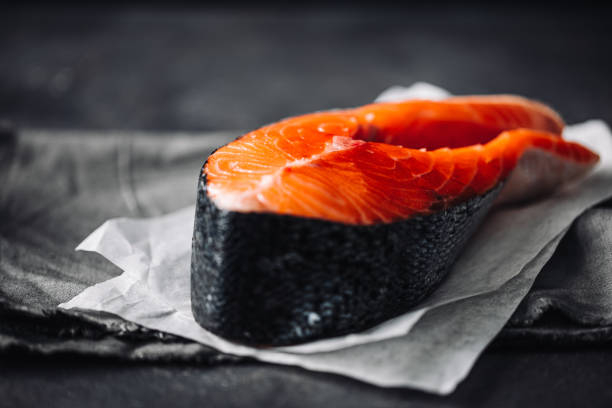
Fatty fish 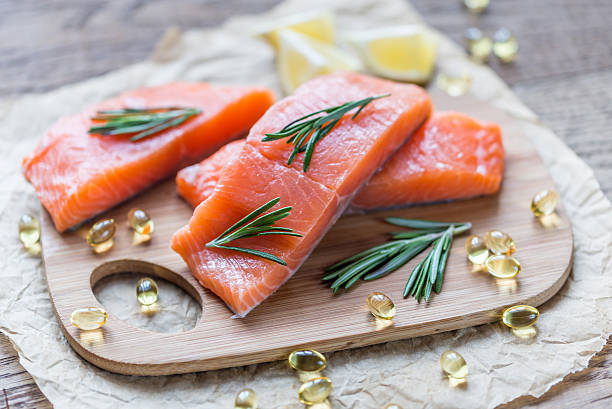
Fatty fish -
Chia seeds are not commonly seen as "fatty" food, however, one ounce (28 grams) of chia seeds contains 11 grams of fat. Furthermore, practically all of the carbohydrates in chia seeds are fiber, therefore the great majority of calories in them are from fat. These aren't just any old fats. The bulk of the lipids in chia seeds is alpha-linolenic acid, a heart-healthy, important omega-3 fatty acid (ALA).
Chia seeds may potentially provide a variety of health advantages, including blood pressure reduction and anti-inflammatory properties. They are also quite nutritious. Chia seeds are high in nutrients in addition to being high in fiber and omega-3s.
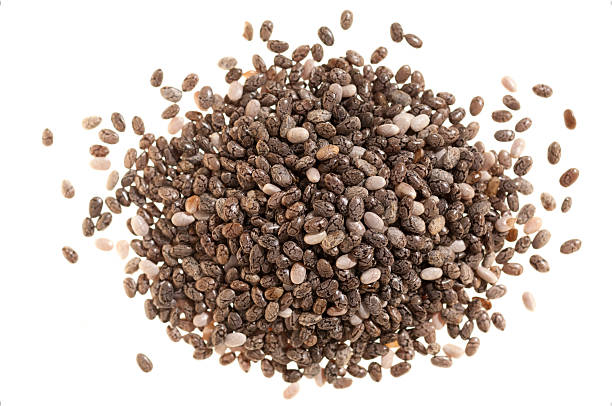
Chia seeds 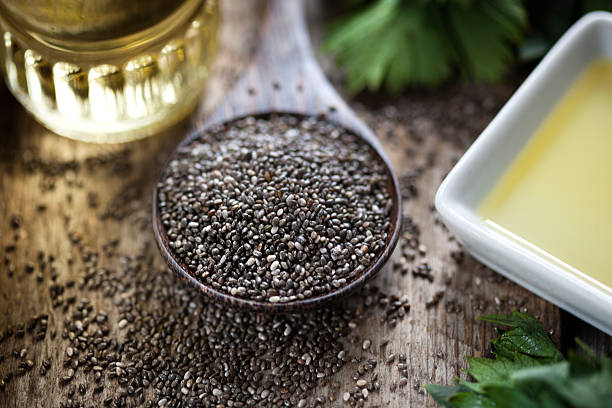
Chia seeds -
Extra virgin olive oil is another fatty item that virtually everyone believes is healthful. It's abundant in oleic acid, a fatty acid with potent anti-inflammatory qualities. This fat is an important part of the Mediterranean diet, which has been found to offer several health benefits in terms of heart health, blood sugar management, and weight management. It's really adaptable in the kitchen, but it especially shines on roasted veggies and homemade salad dressings.
Full-fat yogurt can be high in nutrients. It has all of the same essential elements as other high-fat dairy products. However, it is also high in good probiotics, which can have a significant impact on your health. Yogurt has been shown in studies to promote digestive health, as well as aid in weight control, and lower the risk of heart disease. Furthermore, studies show that full-fat dairy has no detrimental health impacts when compared to fat-free or reduced-fat dairy. It's critical to buy full-fat or whole-milk yogurt with little to no added sugar.
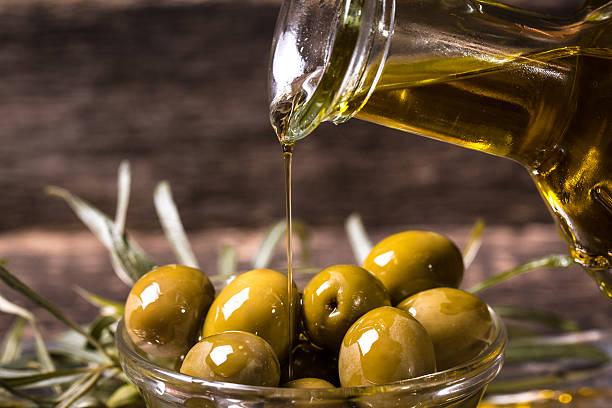
Extra virgin olive oil 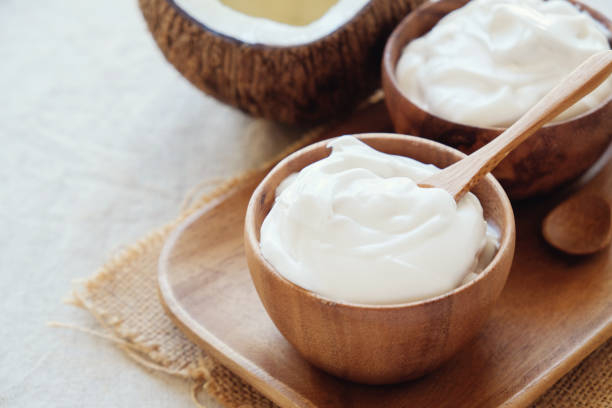
Extra virgin olive oil









